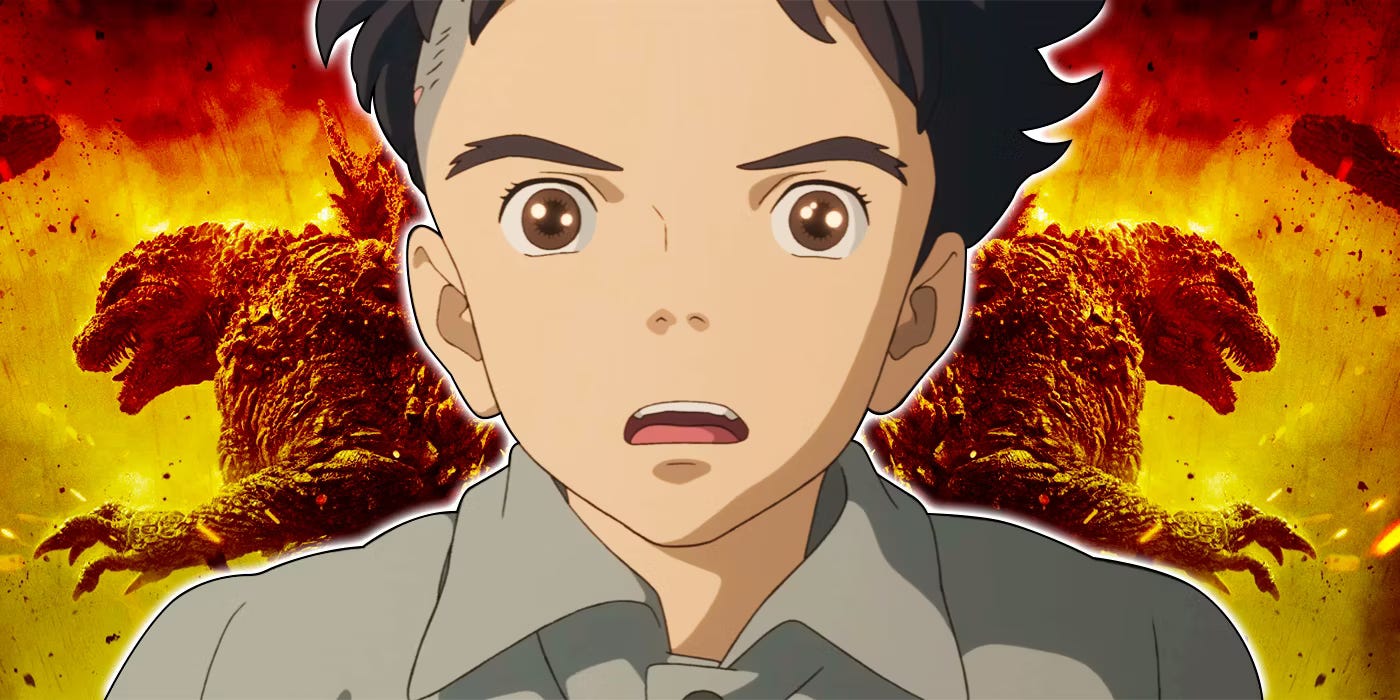Yes, finally Mangaka earned their international recognition!
On March 27, 2024, a total of 23 new words have been added to the Oxford English Dictionary. Although it is not uncommon to see food products and cuisine delicacies get recognition by Oxford. It is good to have Onigiri and Kirigami in the Dictionary.
Onigiri: A Japanese dish consisting of small balls or triangles of rice stuffed with a pickled or salted filling, and typically wrapped in dried seaweed.
Kirigami: The Japanese art of folding and cutting paper into intricate, three-dimensional decorative designs and objects; paper folded and cut this way.
Another notable addition is Kintsugi: the Japanese art of repairing broken pottery by meticulously joining pieces back together and filling cracks with lacquer dusted with powdered gold, silver, or platinum, thereby highlighting the flaws in the mended object. It has become quite popular in the pop culture in the recent years. The very nature of broken-and-then-fixed is the key here. Kintsugi Pottery uses this concept to make exquisite works of art, often sold at a premium. The parallels can be drawn on an open slate here—from breaking muscle fibers through workout and making them stronger upon healing; to dismantling a system into its constituents, making it more potent after adding upgrades. However, abstract comparisons travel at lightning speed through pop culture.
The prevalence of kintsugi-inspired designs in the popular Marvel show Loki left long time the fans glistening. Sticking to the core theme of correcting mistakes, the show didn’t shy away from adding subtle cracks of gold in key architecture and costumes. It surely put the foundations for this Japanese art style out in the open and netizens grabbed it with both hands.
Anime lovers would welcome the addition of the famed term Isekai with open arms. However, it is surprising to see the addition of Mangaka(probably the most-known Japanese word in the West) this late. For someone like me, knowing what prevented it all these years is a topic worth researching and documenting. Experts say the growing influence of Japanese “games and media” is the reason behind these additions. It is easy to argue the recent Oscar wins of Hayao Miyazaki's film and Godzilla Minus One tipped the scale on some level.
Both movies made huge strands in distinct spaces with one massive similarity. They were strictly in the Japanese language across the globe.
Not to mention the massive global following they represent. The Godzilla franchise(now called the Monsterverse) is gradually stacking up the hype, with the Apple TV series Monarch hitting the right notes with fans and critics alike. It is fair to say that the expectations were not sky-high with Godzilla Minus One. Nonetheless, it broke the ceiling with true-to-life special effects, capitalizing on the ‘90s setting with precise visuals complimenting the horrors of mass destruction and war. It hit the nerve with even casual viewers. It became the first non-English-language film to win the Best Visual Effects Oscar, beating Oppenheimer and Guardians of the Galaxy.
On the animated front, Miyazaki’s The Boy and The Heron cornered, what one would call the pinnacle of Western animation, Spiderman: Across the Spiderverse. Although it was one of the frontrunners, the odds of winning were not very high. American Academy of Motion Pictures has a long-running record of sidelining Japanese animation projects. Moreover, Hayao Miyazaki boycotted the Oscars for the longest time. Even after his recent nomination, he had little to no reaction in the telecast interview. Even still, at the end of the day, the movie with a completely different original name (Kimitachi wa Do Ikiru ka), won the recognition it deserved.
These are just a few indications of how Japanese influence and “stuff" is taking over the entertainment sector. The likes of gaming giants like Sony and Nintendo, both Japanese, are already household names. The addition of Asian words in the English dictionary has been ubiquitous in recent years. Back in 2019, Merriam-Webster added Matcha to the list. Suffice it to say that the trend will continue at a much faster rate in the coming years. Multiple factors are pushing the stream now—US, Canada, and Japan to opt in to fediverse sharing features on Threads. This one is a bit too technical, but we may cover more on similar lines in the future…
New words of Japanese origin added to the OED in the March 2024 update
This time I covered a different kind of topic. It is currently in the news, probably with a different take than mine. I would love to hear your feedback!







